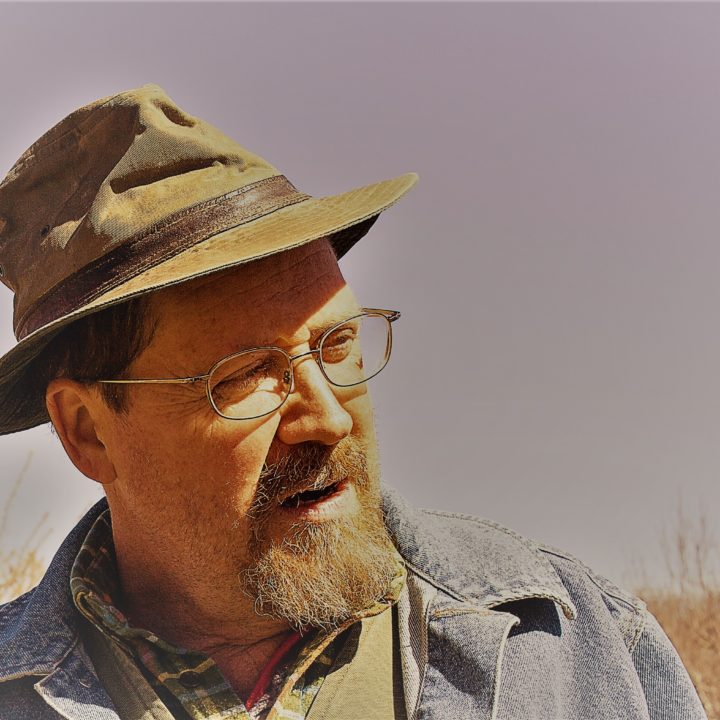I love books, always have. I grew up in a family that made plenty of space for reading, in a home where the TV was not allowed on after the nightly news. Books were a prominent part of our physical landscape, from the shelf of books in our bedrooms to the bookcase in the living room that was filled with history books.

Visits to the Lake Charles Carnegie Library a couple of times a week during the summer were supplemented by gifts from my grandmother, a librarian, of books deaccessioned from the Acadia Parish Library. And each birthday or Christmas included at least one book as a present. The question “What are you reading?” was raised in each phone call from a relative. Books were then, still are, central to how I understand and experience the world.
As a youth, they took me on adventures and exploration. I sailed on voyages aboard clipper ships, Viking ships, sailing warships. I explored the Rockies with the Mountain Men. I was kidnapped by pirates and later by Indians. I learned to raise a raccoon with Rascal and to navigate the Mississippi with Tom Sawyer. I became a 1930s vet in the Yorkshire Dales and rode with Paul Revere as he raised the alarm to the British invasion.
As an adult, books still provide a bookend to my farm life: a few chapters before sunrise and a bit more before sleep. Visiting others, I’ll gravitate to the bookshelf (or, special joy, bookcase), that semi-public form of autobiography, a map of character, if you will, where the knowledge that a friend has a collection of P.G. Wodehouse means he can be relied on in tough times.
Our culture has changed and people do read books less, sometimes not at all. But it is still a wonderful question to ask, one that teaches if we listen to the answer: What are you reading?






